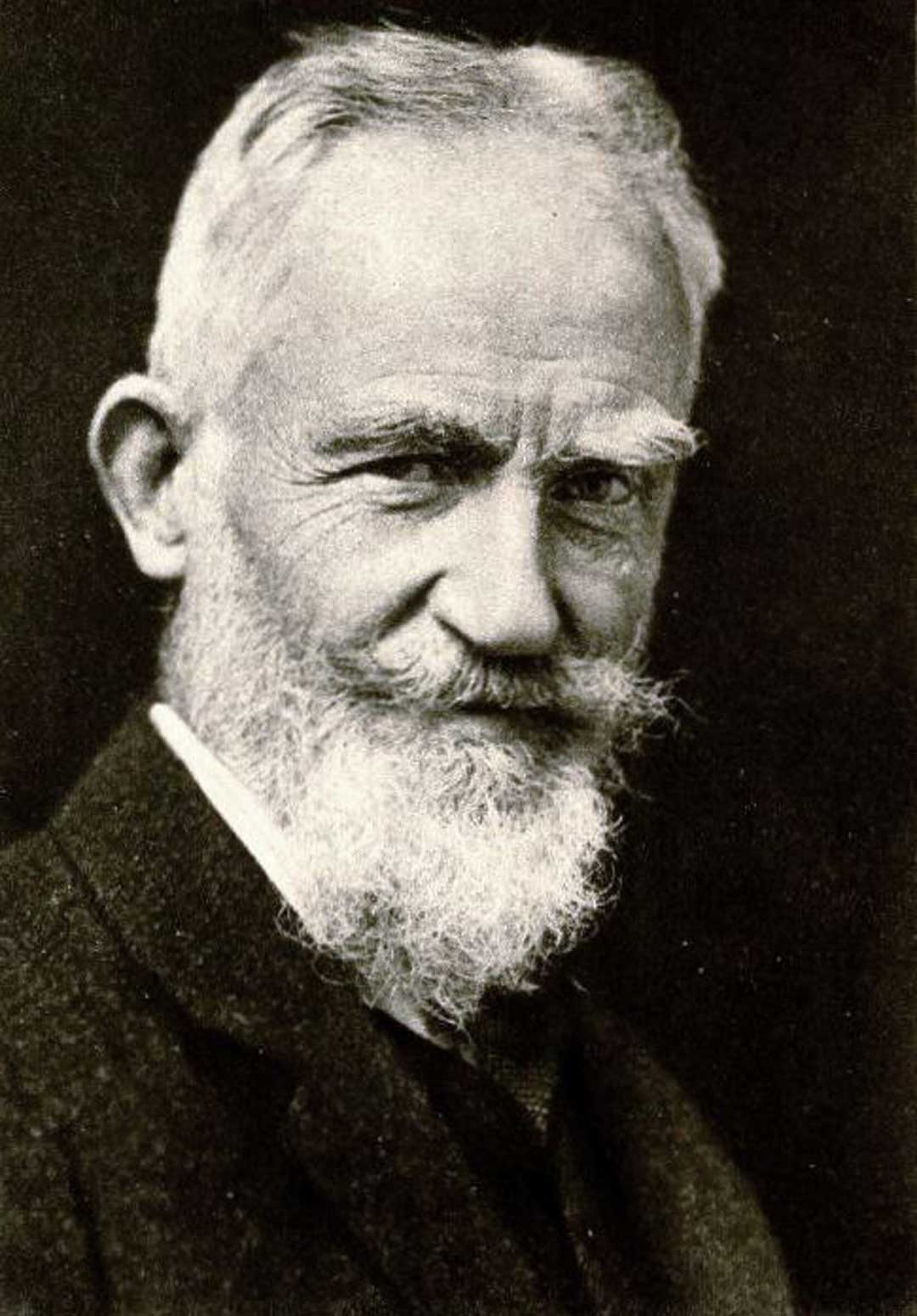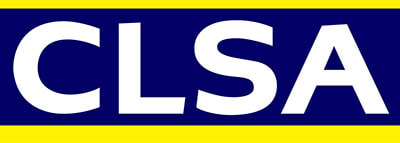Tips for Dealing with Difficult Changes at WorkDoes the thought of change make you feel fearful? Does it make you anxious? When was the last time change occurred at your workplace? Do you remember any technique you used in dealing with changes at work? First, reduce stress at work by accepting that the only constant is change. Adapt and your life becomes easier. Deny it and your life becomes a struggle. It’s the norm for people to go through multiple career changes in a lifetime and for corporates to evolve and change with the times. But in the blink of an eye the pandemic we’re facing now has people and businesses scrambling just to survive. There’s a constant state of flux trying to keep up with rapid changes in the way things are done. It’s no longer just about dealing with changes at work but dealing with changes 360°! The ability to adapt and deal with change is vital to your career. Dealing with changes at work can be empowering when you know how. With the right frame of mind you can even turn change into opportunities and stay motivated at work. I’d like to share two Neuro-Linguistic Programming gems when it comes to dealing with changes at work. 1. Behavioural Flexibility One of the key NLP beliefs is the individual with the most flexibility wins! You can’t control everything that happens around you. But you can control your response. Living with options gives you greater success in dealing with changes at work. Behavioural flexibility is the ability to vary your behaviour to elicit the response you desire from another person. The opposite of behavioural flexibility is responding automatically, as a matter of habit, which greatly limits your options and potential. “The people who get on in this world are the people who get up and look for the circumstances they want, and if they can’t find them, make them.” George Bernard Shaw George Bernard Shaw would have approved of John Grinder and Richard Bandler, co-founders of NLP. One way of building behavioural flexibility is to review your day, each night before going to sleep and create three different ways of responding to a person or situation. Before long you’ll see positive changes in the way you respond and you’ll experience less communication problems at the workplace. Here are other ways to build behavioural flexibility;
2. State Management In NLP, state is ‘how we are feeling at any given moment’. It includes words, pictures and sounds in our mind and sensations in our body. Most people experience a constant state of flux throughout the day, making it hard to reduce stress at work. Once you learn how to manage your state, dealing with changes at work will become much easier. Our state changes in a split second when we perceive a threat from the environment. As an example, if you have communication problems at the workplace. One morning, you walk into the office, your colleague doesn’t greet you, and you get stressed thinking she’s angry at you. Now, you’re in an unhelpful state that can make your day go downhill quickly, if unchecked. In NLP, state management is the ability to;
3. Points to Note in Managing Your State a) First, be mindful of your state from moment to moment. If you’re not aware, you can’t manage it. Observe what triggers you, what helps you and what is in the way, for you to manage your state. b) Next, learn how to manage your state. It doesn’t have to be only for dealing with changes at work. You can create states for any situation to reduce stress at work. State management is more effective from the inside out. Physical techniques like power postures can help initiate a more helpful state but the effects are short lived. Learning how to manage your state in an NLP course will definitely help maintain desired states for longer periods of time. c) You can strengthen your state management by learning the art of anchoring, an NLP technique which helps reduce stress at work and helps you stay motivated at work. In conclusion, dealing with changes at work is better when you’re pro-active. Which would you prefer? Being at the mercy of changes beyond your control? Or taking charge? Choosing to take charge of how you respond to changes by practising behavioural flexibility and state management will definitely reduce stress at work. It’s easy when you know how. By doing so, not only do you deal with the changes effectively but you’ll also stay motivated at work. Sylvia Fernandes is the Founder & CEO of VIA Frontiers. She is a Master Trainer of NLP who is specialised in corporate applications. She started her business in Sydney in 2002 and has been operating in the Asia Pacific Region ever since. She is currently based in Singapore. She is also the author of Bye Bye Black Cat -- Turn Your Luck Around and Realise Opportunities. Visit VIA Frontiers for more information.
1 Comment
|
SYLVIA FERNANDES
Sylvia is a qualified Neuro Linguistic Programming (NLP) Master Trainer. She started her business in Sydney and is now based in Singapore. Archives
December 2024
Categories |



 RSS Feed
RSS Feed









